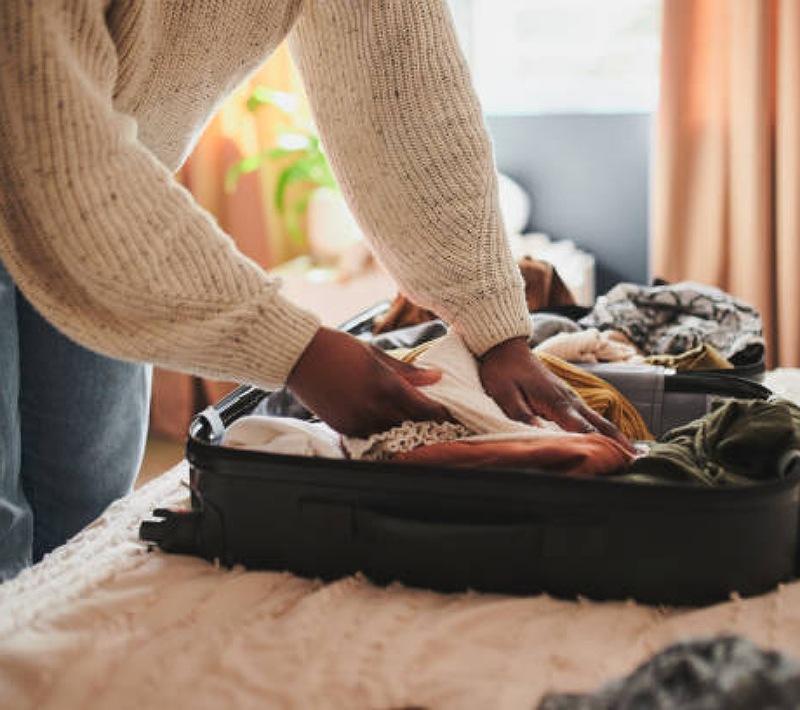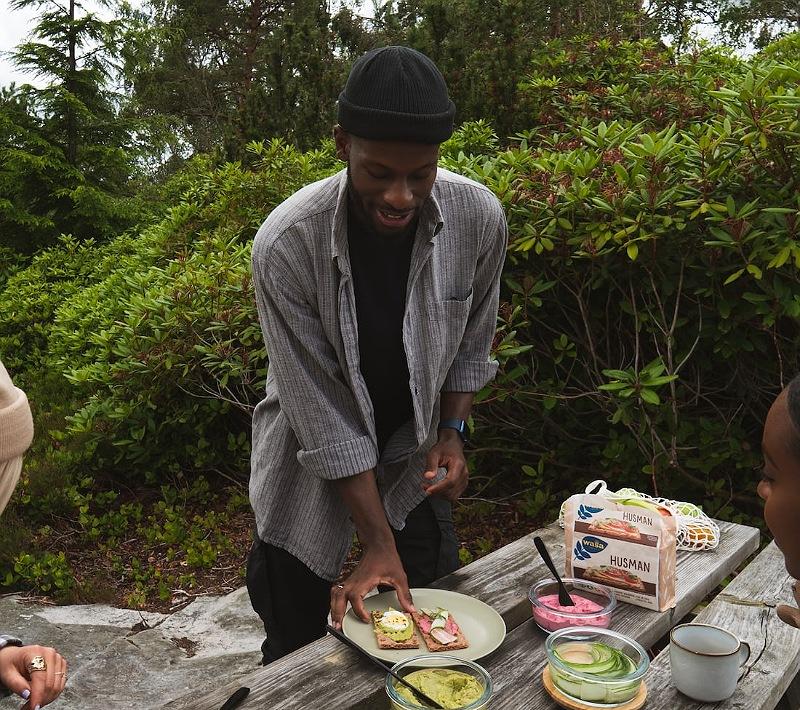How to Fit into a New Country After Migrating

You’ve just finished the frustratingly stressful process of moving abroad and you’re asking yourself, “what now?” Don’t fret. You are not alone in this. You might have made your big move alone, with your significant other, or with your entire family. Whatever the case, change is usually not easy to get accustomed to. Especially when it involves leaving a huge part of yourself behind in your home country.
If you’re finding it hard to fit into your new country of residence after migrating, this article is just for you! Keep reading.
Sort Out Your Accommodation
House hunting has been and will always be very stressful, even in your home country. One of the simplest ways to fit into your new residence is to find yourself the right place to live.
What exactly should you look out for then?
Some of the factors you need to consider before choosing an apartment are:
- Location
- Distance
- Price
Location
What kind of environment are you looking to stay in? High brow or low brow? (Expensive or cost-effective). Is the environment safe? Is the neighbourhood conducive to live in?
These are some of the questions you need to ask yourself when you are trying to choose a location to get an apartment in. You need to consider your safety first above all else, and then work everything else around it.
Distance
Did you move to your new country for your studies or did you move for work reasons? Whatever your reason may be, you need to put distance into account when you’re choosing where to stay.
You don’t want to pick an apartment that is situated far away from your school/workplace. Commuting for long distances can be both mentally and physically draining. You’ll only end up hating your move.
Also, are there cafés, supermarkets, health centres, and restaurants around? You want to pick a place that grants you easy access to all these important places.
Price
This is another very important factor. You need to pick an apartment that will not put a strain on your pocket when you pay your rent.
If you use all the money you allocate to accommodation for paying your deposit, how will you furnish the apartment? You still need to buy basic things like electrical appliances, kitchen utensils, bedding, etc.
Also, if you calculate your allowance/salary and realize that it will be difficult to continue paying the rent for consecutive months or years then maybe you should find somewhere else to stay.
One tip you can employ is to rent a place for a month or two so you can familiarize yourself with the city you moved into. That way, you know the safest places, the closest places, and the most cost-effective apartments you can pick from. You would have bought yourself enough time to find where you eventually want to settle in.
The only downside to it is having to move your stuff all over again to the new place.

Other practical questions you might want to ask yourself include:
How much is the deposit? When is the deadline for payment? When can I get it back? What are the conditions for getting it back?
Can I rent the apartment directly with the owner or do I need to go through a housing agency? Which of the two options will be better?
How long is the minimum contract length and how long is the contract cancellation period? Who will pay for repairs?
P.S: You should get a lawyer to read through your contract before you sign it. You might have to spend extra for mistakes that could have been avoided if you knew the legal backing behind them. You should also be careful of online ads so you don’t get scammed. Preferably check the place out yourself or ask a friend to help you check it out.
Find New Friends and Build Connections

Making new friends is a great way to fit into a new environment and you will get the right kind of support that you need to blend in easily.
Make conscious efforts to attend social gatherings and muster up the courage to build social interactions. It might not be very easy to do that. Especially if you moved to a country where its official language is foreign to you.
One of the easiest ways to find friends and build relationships is by attending ex-pat group meetings, or international group meetings (if you’re a student). You’ll be able to meet lots of people that are going through a similar experience as yours and You’ll be able to bond over shared trials.
Most times, you’ll also end up meeting people that have been around way longer than you have. You can build connections and find a friend in them so when issues come up that you have zero experience on how to handle, you’ll have people you can call on for advice.
Your local embassy or consulate is another great place to meet new friends abroad. They often form groups on Facebook and host events for ex-pats and their families to connect.
It might not be much, but at times it’s all the comfort you need to see that you are not alone in whatever you are going through and that other people (from the same race as you) are also trying their best to adjust to the new culture.
Get Medically Insured
Medical insurance is a must. If you migrated because of your job, your medical insurance is usually already sorted out by your company. However, if you are moving with your significant other or relative(s), you will need to sort out their medical insurance.
You might be lucky enough to have your company set up their medical insurance too, but that isn’t always the case. In some countries, medical insurance is free for children. This is one of the many things you should research about before moving into a new country.
You can easily get all this information on Wikipedia or other government websites (especially government institutions that are close to you) so you can get accurate and up-to-date information.
People that move to Europe often enjoy these exceptions so you might want to check it out!
Learn the Official Language
Being able to communicate in the official language of your new country will make you enjoy living there.
Having a language teaching app on your phone is great but it’s not enough. If you’re only visiting a foreign country, language translating apps are okay, but if you plan to reside there for several months or years, you will need to invest in good language classes.
Also, don’t be stingy and go for less because you feel it’s not really important. It actually is.
You could miss out on opportunities or blindly walk into danger because you don’t understand what they are saying around you. A language app won’t teach you about phonology (sounds), morphology (word formation), syntaxes (sentence structure), and other linguistic elements that only a language class will offer you.
Knowing words in a foreign language doesn’t guarantee that you will be able to use them to communicate properly in a discourse. Invest wisely.
Taxes. Taxes. Taxes

When you think about moving abroad (especially if you are moving from an African country), the first thing that comes to your head is taxes. However, if you are lucky enough, you might not have to start dealing with taxes immediately.
You might be wondering if you will have to pay taxes in both your old and new countries. Well, this depends on the international agreements that have already been made between the two countries.
What About Education?
If you moved abroad to further your studies then you need to know the type of certifications and diplomas they consider valid over there. Especially if you are in the medical profession.
At times, it’s as easy as sending your records over, sometimes you will have to write extra exams there, and in some worst-case scenarios, you will have to attend an institution over there to study the course all over again so you can get accredited at the standard of the education board.
Overcome Your Culture Shock
Culture shock is your reaction to moving from a familiar environment to an unfamiliar environment or culture. It involves your reaction to having to learn a new language, getting used to different food, and even the change in the climate.
It might take longer for you to get used to your new environment in comparison with the next guy, but that’s okay. Whether yours takes longer or shorter, just focus on overcoming it so you can enjoy your stay there.
Final Thoughts
It usually takes three to five months to become familiar with your immediate environment but most times, it tends to take up to a year for you to fully settle in and feel at home in your new country.
Whatever the case may be, it won’t be a smooth ride, but if you follow these easy tips, you are sure to fit right in within months. Good luck as you start this new phase in your life!
All images are sourced from istockphoto & unsplash

